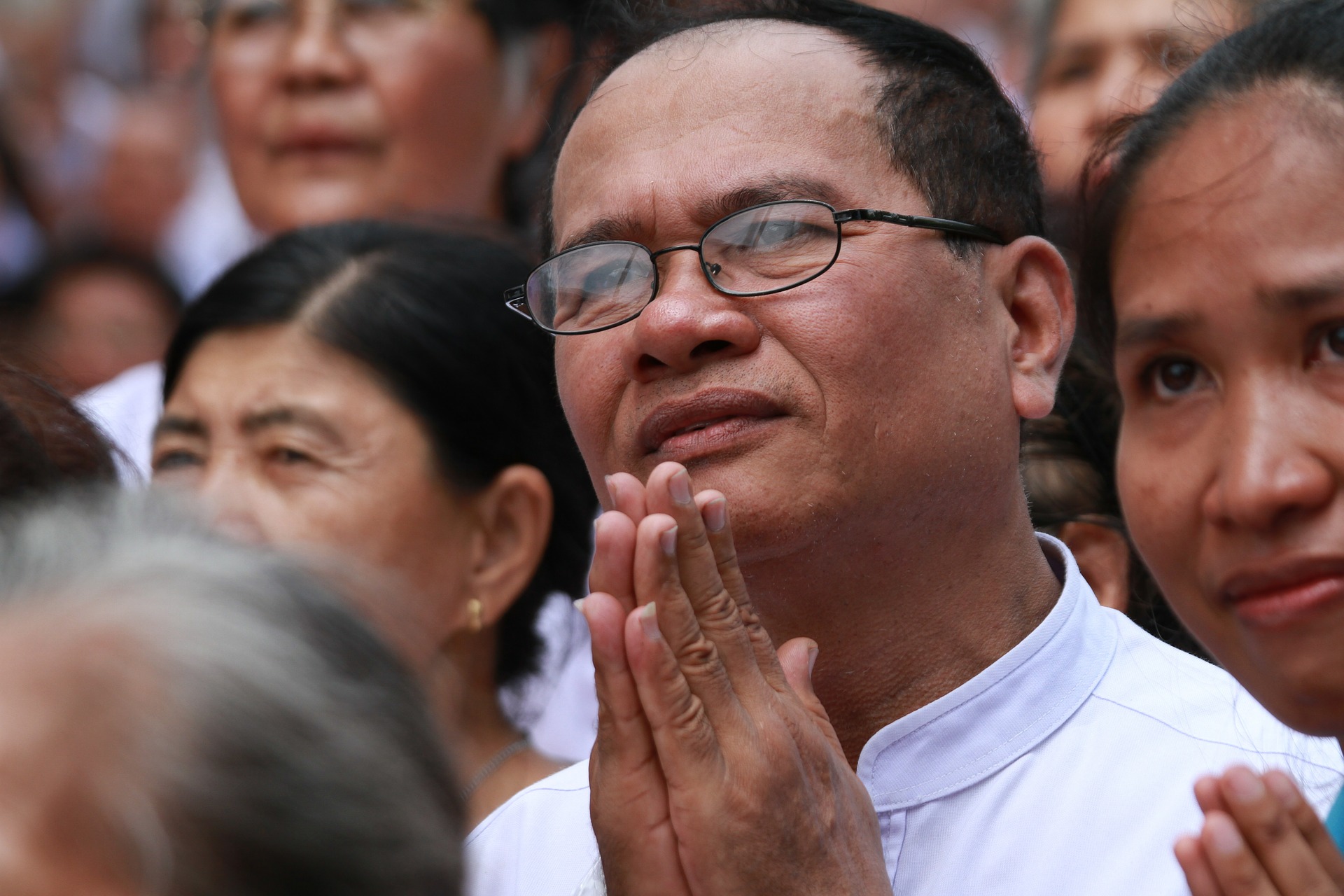“Not my will, but Thine be done.”
– Jesus Christ
Meditation is the withdrawal of our mind’s engagement with the outer world, to enter into our heart’s realm of peace, light and delight.
Our hands are the executors of our will in the world. When we fold our hands, we both practically and symbolically withdraw our means of action from the outer world. With the outer world – which is our biggest distraction – set aside, our will and focus can now more readily settle within.
With my hands now occupied, there is a sense I am no longer the doer: that whatever will now transpire is no longer my responsibility. The “doer” is elsewhere, within. With my hands occupied, I am outwardly helpless – I cannot act or defend myself. This helplessness intensifies my sincere inner cry, my yearning, my need to enter into the higher power, guidance and nourishment of the inner silence.
With our hands folded, we are surrendering our will to a higher Will within. We embrace the Christ’s words, which embody the highest prayer and deepest meditation: “Not my will, but Thine be done.”
For the mind to accept and embrace the submersion of its will and authority in the light and love of the heart requires humility, a quality unfamiliar to the average mind. Humility immediately increases the moment we fold our hands. Humility deflates the ego’s pride and opens wide the door of the heart. Through this open door, sincerity, simplicity, purity, sweetness and devotion all enter and play their roles to deepen, expand and illumine our meditation experience.
Then slowly dawns the truth of another of the Christ’s sublime utterances, which can never be grasped with the mind, only realised and become:
“The Kingdom of Heaven is within you.”
